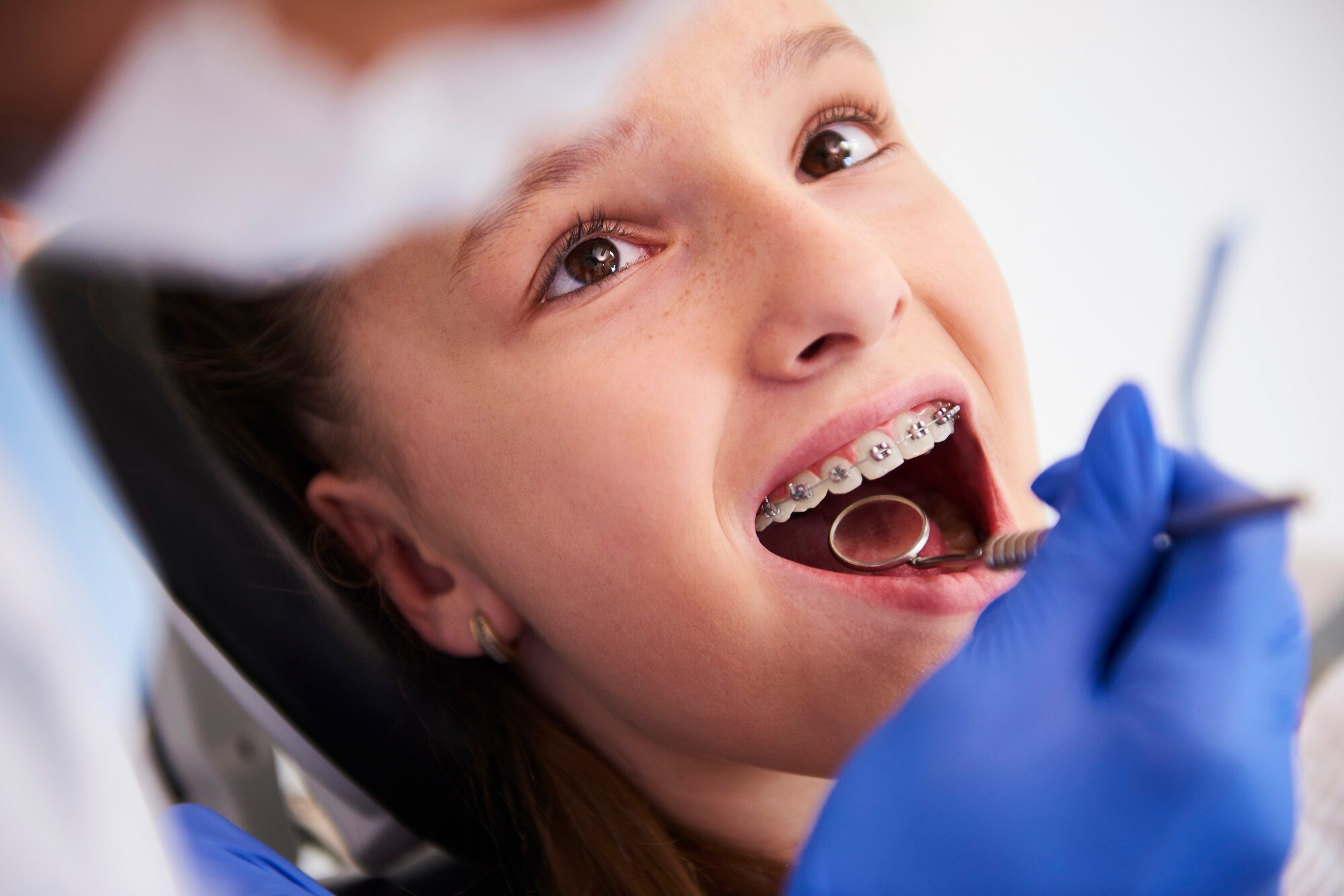Many parents wonder if their child’s teeth will naturally grow straight or if some extra help is needed. Childhood is a time of fast growth and change, and sometimes, the teeth and jaws don’t develop perfectly in sync. This can lead to problems that affect how your child eats, talks, or feels about their smile. Recognizing early signs of orthodontic issues can make a big difference in your child’s oral health and confidence. Knowing when to consider braces for your child is important for preventing more serious problems later on.
Signs That You Need to Know About Attention
It’s not always obvious when a child needs orthodontic care. However, there are several signs parents can look out for at home. If you notice any of these, it’s a good idea to consult an orthodontist.
Early or Late Loss of Baby Teeth
Children usually lose their baby teeth in a predictable order and timeframe. If your child’s baby teeth fall out much earlier or later than usual, it might mean their adult teeth won’t come in properly. This can cause crowding or gaps.
Difficulty Chewing or Biting
If your child has trouble biting into foods or chewing comfortably, it could be due to misaligned teeth or jaws. Eating should not cause pain or discomfort. Watch for signs like avoiding certain foods or complaining about pain while chewing.
Crowded, Crooked, or Overlapping Teeth
Teeth that are crowded or overlap often mean there isn’t enough space in the mouth. This is a common reason children need orthodontic treatment. Crowded teeth can also make cleaning harder, leading to cavities.
Gaps Between Teeth
While some gaps are normal as baby teeth fall out, large or persistent gaps can cause bite problems. Gaps may also trap food and make it harder to maintain good oral hygiene.
Mouth Breathing or Snoring
If your child breathes through their mouth often or snores at night, this might be linked to dental or jaw alignment issues. Mouth breathing can sometimes mean the dental arch is narrow or there are other orthodontic concerns.
Speech Difficulties
Misaligned teeth or jaws can affect how your child speaks. If your child has trouble pronouncing certain sounds or has a lisp, orthodontic treatment might help. This is an area where Braces for kids can make a real difference in improving speech clarity and confidence.
Jaw Shifts or Clicking
If your child’s jaw shifts to one side when they open or close their mouth, or if you hear clicking or popping sounds, it could be a sign of bite problems that need attention.
Thumb or Finger Sucking Beyond Age Five
Prolonged thumb or finger sucking can affect the shape of the teeth and jaws. This habit can push teeth out of alignment and may require orthodontic care to correct.
Protruding Teeth
Teeth that stick out noticeably can be more prone to injury and may cause self-consciousness in your child.
Teeth Grinding or Clenching
If your child grinds or clenches their teeth, especially at night, it might be related to bite issues or stress. This can wear down teeth and cause jaw pain.
Why These Signs Should Not Be Ignored
Ignoring these signs can lead to bigger problems in the future. Misaligned teeth are harder to clean, increasing the risk of cavities and gum disease. Bite problems can cause uneven wear on teeth, jaw pain, headaches, and even difficulty speaking or eating properly. Early orthodontic care can prevent these complications and save your child from more complex treatments later.
What Happens During an Orthodontic Evaluation?
If you notice any warning signs, the next step is to schedule an orthodontic evaluation. During this visit, the orthodontist will examine your child’s teeth, jaws, and bite. They may take X-rays and photos to understand how the teeth are developing. Based on this, they will recommend whether treatment is needed now or if monitoring is better.
Early treatment might involve appliances that guide jaw growth or create space for teeth to come in properly. In some cases, the orthodontist might suggest waiting until more adult teeth have come in before starting treatment.
How to Support Your Child During Orthodontic Care
If your child needs braces or other orthodontic treatment, your support is very important. Here are some tips to help:
- Encourage good oral hygiene by helping your child brush and floss regularly.
- Avoid hard, sticky, or chewy foods that can damage braces.
- Make orthodontic appointments a positive experience by explaining what to expect.
- Praise your child for their efforts and progress.
Final Thoughts
Recognizing the early signs that your child might need orthodontic attention can help ensure they receive the care they need at the right time. Issues like difficulty chewing, crowded or crooked teeth, speech problems, or jaw discomfort are important signals to watch for. Addressing these early can improve your child’s oral health, comfort, and confidence.
The experienced professionals at myPediaclinic are ready to help families understand and manage these concerns. Taking timely action, including considering Braces For Kids, can lead to a healthier, happier smile that lasts a lifetime.



